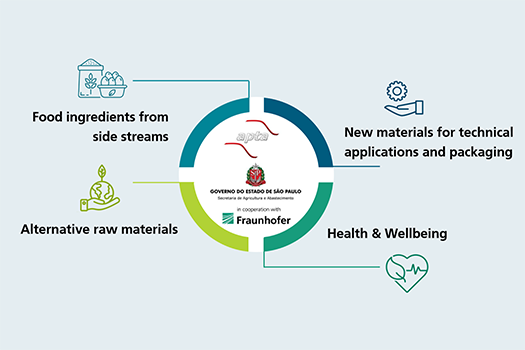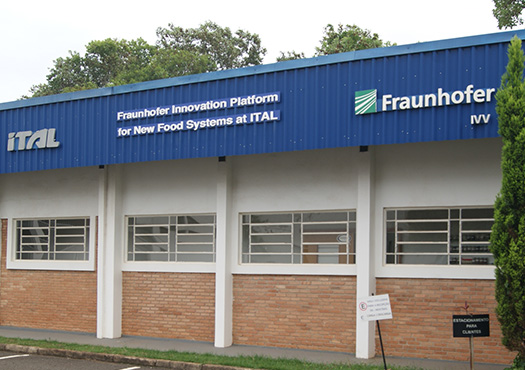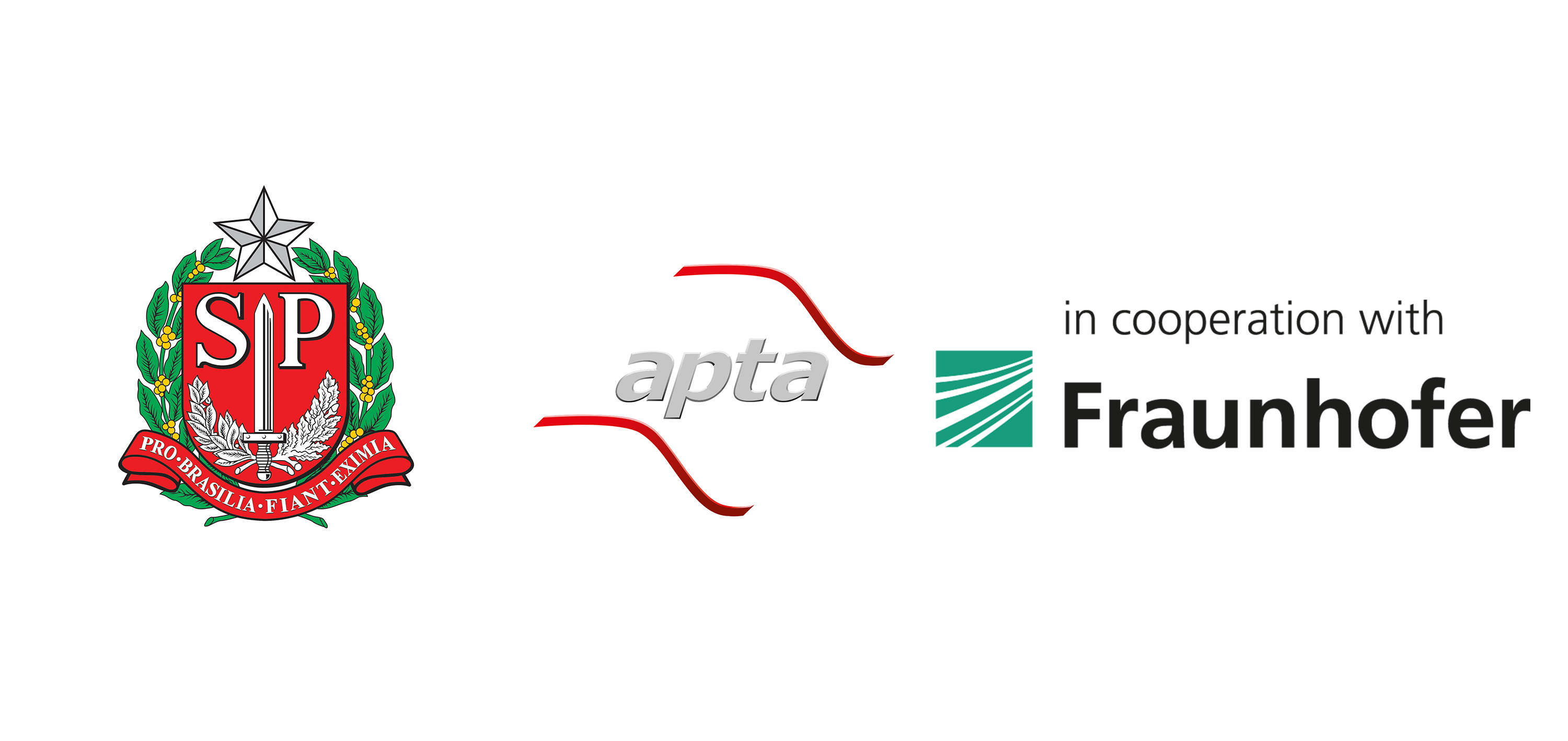

The international cooperation program "Fraunhofer Innovation Platform (FIP)" strengthens the collaboration between Fraunhofer Institutes and foreign research institutions. In addition to joint research, the aim is to exploit scientific development results by pooling complementary expertise.
One of these collaborations is the "Fraunhofer Innovation Platform for New Food Systems at ITAL (FIP-NFS@ITAL)" between the Fraunhofer IVV and the Institute of Food Technology (ITAL) in Campinas (state of São Paulo, Brazil). The basis for the close cooperation between the two institutes was the official founding of the "Fraunhofer Project Center for Food and Bioresources" on December 13, 2013. In 2020, this cooperation was renamed "Fraunhofer Innovation Platform for New Food Systems at ITAL (FIP-NFS@ITAL)" and expanded to include the five sister institutes of the São Paulo Agency for Agribusiness Technology (APTA). In addition to the Fraunhofer IVV and ITAL, the Institute of Agricultural Sciences (IAC), the Institute of Biology (IB), the Institute of Zoology (IZ), the Institute of Fisheries Sciences (IP) and the Institute of Agricultural Economics (IEA) are now also involved in the cooperation.
The aim of the joint research is to create added value in the agrifood sector in Brazil and Germany by using new raw and residual materials. This includes, for example, new foods made from banana and mango peels, functional food ingredients from the fruits of the macauba palm tree, as well as technical products and new packaging materials made from algae.
Impressive results have been achieved in recent years: 15 joint research projects have already been worked on and collaborations with over 120 industrial partners from Germany and Brazil have taken place. A total of four joint property rights have been registered, and in 2023 the second company was founded on the basis of joint research results!
 Fraunhofer Institute for Process Engineering and Packaging IVV
Fraunhofer Institute for Process Engineering and Packaging IVV
